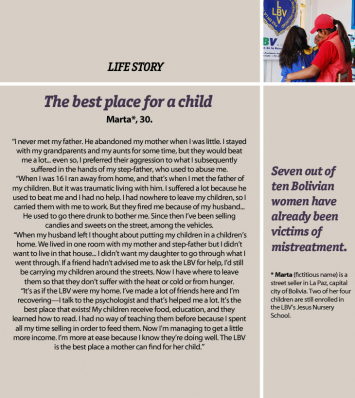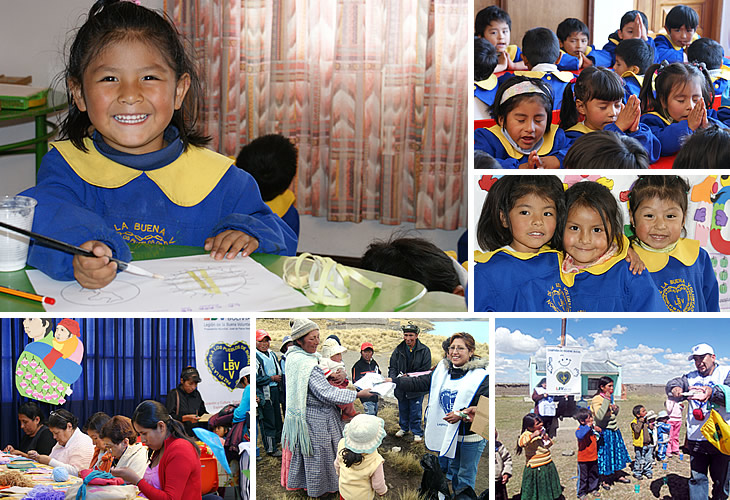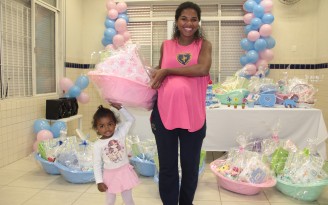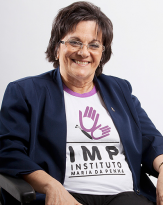
Human rights and women
By the Editorial Staff
Thursday | November 21, 2013 | 9:31 AM | Last update: September 22, 2016, 4:07 PM (Brasilia time)
The Universal Declaration of Human Rights adopted and proclaimed by the United Nations on December 10, 1948 establishes in Article 1 that: “All human beings are born free and equal in dignity and rights. They are endowed with reason and conscience and should act towards one another in a spirit of brotherhood.” This precept is the indispensable condition for social harmony. However, much still needs to be done for the awareness and experience of such values.
Considered to be a serious violation of human rights, violence against women causes enormous losses in society, besides representing an obstacle to a country’s development. What happens in Bolivia is no different from the situation in other parts of the world. The Center for Women’s Information and Development (CIDEM) informs that seven out of ten Bolivian women have already been victims of mistreatment, included here the many forms of violence against women that exist: physical, sexual, psychological, and economic.
Despite the passing of important laws for combatting violence and gender inequality in the country, there is still a long way to go before all types of conduct that offend the integrity, bodily health, or dignity of women are finally eliminated. Illiteracy and the lack of technical and professional training are examples of the problems faced by the Bolivian society, above all by women.

The Legion of Good Will of Bolivia started its socio-educational work in 1986, the year the Organization opened a day care center for children in vulnerable situations in the capital city of La Paz. It soon faced the urgent need to support hundreds of families living in poverty, many of them without any access to basic education or job opportunities.
In order to transform for the better the lives of countless families in these communities, the LBV expanded its work with the inauguration in 1994 of the Jesus Nursery School, assisting children from 2 to 5 years old. The parents, meanwhile, are offered vocational courses and literacy classes by the Technical Training Center and Literacy Center, respectively.
Children, young people, and adults also benefit from the Legion of Good Will’s socio-educational programs, the highlights of which are Education in Action; Oral Hygiene: Clean Teeth, Healthy Children; and the LBV’s Permanent Christmas — Jesus, Our Daily Bread! campaign.



